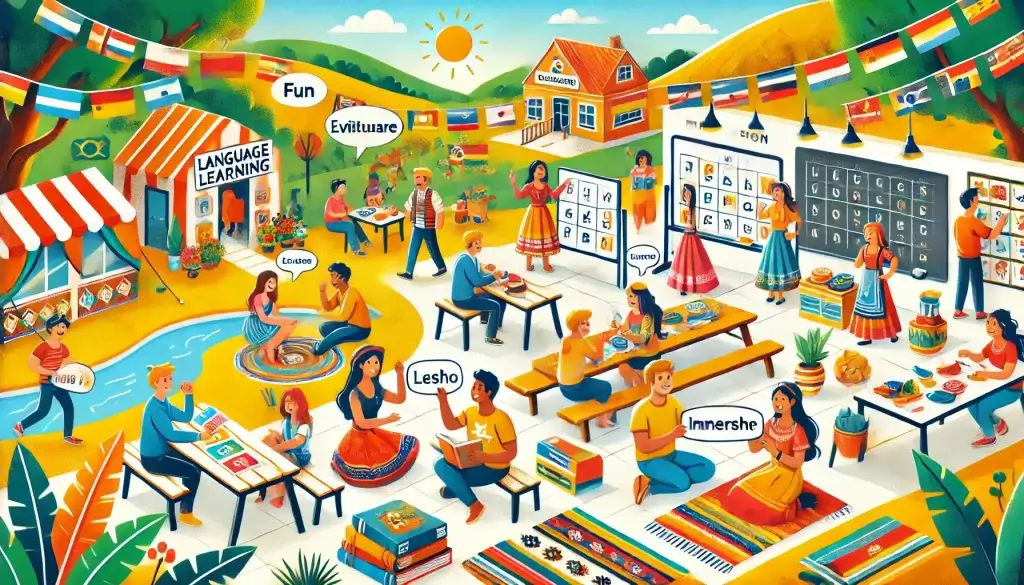When it comes to mastering a new language, traditional methods like flashcards and textbooks often dominate the conversation. However, incorporating games into your learning routine can be a game-changer—pun intended. Games provide an interactive, low-pressure environment where learners can build vocabulary, practice grammar, and develop conversational skills without feeling overwhelmed.
Research shows that gamified learning boosts engagement and memory retention. For example, playing language-learning apps like Duolingo or participating in immersive role-playing games allows you to apply new words and phrases in context, solidifying your understanding. Games tap into the natural human desire for achievement and progress, which makes learning enjoyable and sustainable.

Exploring Cultural Context Through Online Games
One of the most exciting aspects of language learning is connecting with the culture behind the words. Online games, including those on multilingual platforms, offer a unique opportunity to explore cultural nuances while practicing your target language. For instance, playing games with global participants can expose you to diverse slang, idioms, and accents.
Casino games, in particular, have become an unexpected yet effective tool for language practice. Platforms like Luckywins casino provide multilingual interfaces that enable players to navigate instructions, communicate with other players, and understand game strategies in various languages. Engaging with these platforms not only sharpens your language skills but also introduces you to cultural phrases and expressions commonly used in social settings. You’re not just learning a language; you’re stepping into a cultural experience.
How to Incorporate Games Into Your Language-Learning Journey
1. Start With Language-Focused Apps
There are dozens of apps designed to teach languages through games. Apps like Babbel, Memrise, and Mondly use quizzes, puzzles, and real-life scenarios to reinforce grammar and vocabulary. These tools allow you to track your progress and customize lessons based on your fluency level.
2. Explore Multilingual Online Communities
Join online forums or gaming communities where players speak your target language. For example, popular multiplayer games often have localized servers catering to specific languages. By interacting with native speakers during gameplay, you can practice conversational skills and pick up colloquial expressions.
3. Dive Into Story-Driven Games
Narrative-driven video games often feature voiceovers, subtitles, and rich dialogues in multiple languages. Games like “The Witcher” or “Assassin’s Creed” allow you to switch between languages, enabling you to practice listening and comprehension while enjoying captivating storylines.
4. Gamify Your Study Sessions
If you prefer offline activities, turn your study sessions into games. For example, create a bingo card with vocabulary words or use flashcards to play a matching game. The key is to make learning interactive and engaging.
The Intersection of Gaming and Cultural Fluency
Beyond language, games provide a gateway to understanding the social and cultural intricacies of different regions. Casino platforms like Luckywins casino exemplify how multilingual environments encourage cultural exchange. By immersing yourself in these spaces, you not only enhance your language skills but also gain valuable insights into the traditions and values of various cultures.
Whether you’re learning Spanish, Japanese, or German, integrating gaming into your routine makes the process both effective and enjoyable. As you navigate through virtual worlds, interact with international players, and embrace cultural diversity, you’re doing more than learning a language—you’re broadening your horizons.

